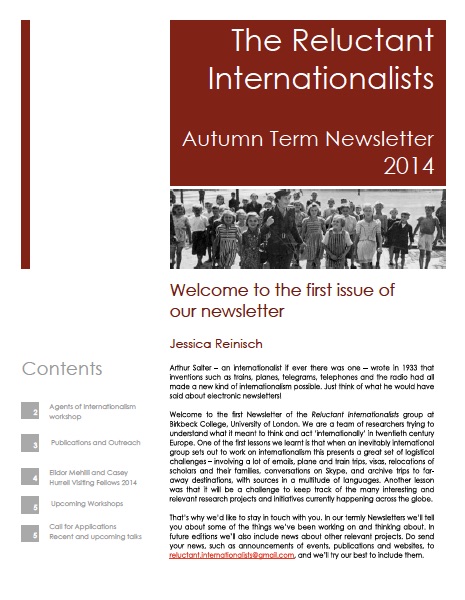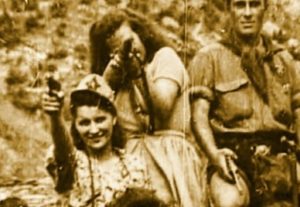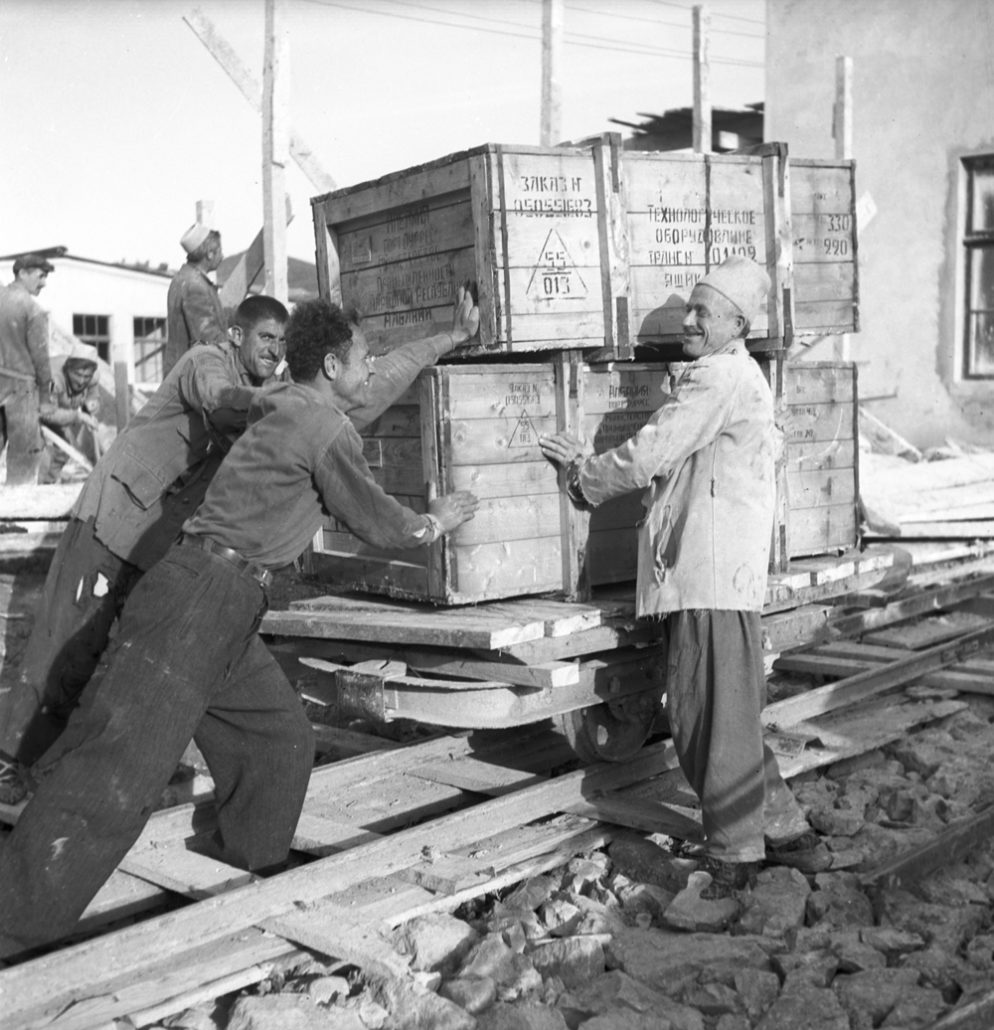When we started to think about ways to visually present the concept of internationalism for the purposes of our research project, we faced a number of difficulties. What do we mean by ‘internationalism’, and who is the most appropriate to represent it? What exactly does ‘internationalism’ do?
In order to resolve these questions, we realised that we must first understand and contextualise the multiplicity of meanings assigned to the concept. In historiographical literature, we have regularly come across the assumption that internationalism is bound to represent a force of good, a benevolent process predicated on humanitarian assumptions, and meant to increase mutual understanding and respect between nations. However, such scholarly readings seem to omit a very important point: in the course of the nineteenth and twentieth centuries in particular, internationalism came to denote a number of different and often unrelated processes and efforts which included governments, non-governmental institutions, politicians, experts of all kinds, refugees and stateless people, etc. Moreover, internationalism appeared in a number of different guises, and proclaimed radically different ideological, social and political aims and goals, some of which were indeed far from humanitarian, democratic or cosmopolitan. Even more importantly, internationalism was perceived in a variety of ways by different audiences. And while the globe of the world seems to be rather popular as a positive symbol of internationalism, a number of scholars dealing with the history of this phenomenon have often tended to overlook the globe’s cynical or sardonic uses (and their broader implications). Such uses, though, have been equally important for articulating critical appraisals of some particularly negative effects of certain forms of internationalism. It is, therefore, our aim to explore alternative visualisations of internationalism, and to use them as a tool for understanding and historicising radically different visions and interpretations of this concept.

Figure 1 (Source: Bowman Gray Collection of World Wars I and II, Rare Book Collection, Wilson Library, University of North Carolina Chapel Hill)
It was in the course of WWI that different visions of the international order clashed causing a veritable global explosion, while the orgy of what came to be seen as purposeless violence and chauvinism provoked disappointment in the ranks of those who hoped that a more tightly interconnected world would lead to more stable peace. Interestingly, while WWI marked the failure of nineteenth-century liberal internationalism, it was also the origin of a new and highly ambitious concept of ordering international relations. In a series of Italian postcards from WWI, several cartoonists and painters, such as R. Ventura and Aurelio Bertiglia, articulated this profound disappointment with some of the predominant agents of internationalism at the time, and used the image of the globe in imaginative, sarcastic and unusual ways in order to reinforce their political message.
These postcards were an essential part of WWI political propaganda, and contributed to the extremely extensive propaganda campaigns undertaken by the Entente governments to discredit German military conduct and involvement. One of the most striking phenomena related to WWI was the importance political governments attached to public mobilization through atrocity reports and similar psychological techniques to demonize the enemy; moreover, from the very beginning of the war, different governments worked to revise or falsify original documents in order to place the blame for the outbreak of WWI on the enemy side, so that historiographical debates regarding the origins of WWI began as early as 1914. In 1918, Germany was forced to accept full responsibility for ‘all the loss and damage’ caused to the Allied countries; however, throughout the conflict, the Allied governments carefully worked toward this placing of the full burden of war guilt on Germany (and her allies). The ‘guilt clause’ was carefully prepared through numerous propaganda campaigns, which depicted Germany in particular as a brutal and even demonic force. It was this strong anti-German sentiment that informed the theme and style of the Italian postcards. The postcards were created in 1915 or 1914, around the time the Italian government negotiated joining the war on the side of the Entente against her former allies in the Triple Alliance – Germany and Austria-Hungary – which explains the political edge of the postcards. As is clear from Figure 1, the postcards also expressed a strong anti-Austrian feeling, which was hardly surprising given Italy’s long-standing territorial pretensions to large parts of the Habsburg Empire.
The first postcard, from about 1914, depicts a ‘bloody handshake’ between the leaders of two Central Powers: Austria-Hungary’s Franz Joseph and Germany’s Wilhelm II. It is captioned ‘The Pact’, and uses the globe to articulate a pithy critique of the German- and Austrian-led attempts at (re-)ordering the international affairs: through their particular vision of internationalism, the Habsburg Emperor and the German Kaiser have plunged the entire world into a bloody conflict. The alliance between the two powers is then held solely responsible for the outbreak of the conflict, and their incompetent leadership as well as the malicious effects of their political friendship are exposed to ridicule and contempt. Yet another postcard, from 1915, communicates a very similar political message, but, in addition, emphasizes the Central Powers’ criminal negligence towards the rest of the world, with which they toyed for their own selfish purposes and self-aggrandizement. In Figure 2, Wilhelm II and Franz Joseph play football with the globe before an assortment of international onlookers. The caption says ‘How small the world is’, and captures perfectly the cartoonist’s message regarding the two leaders’ self-centredness, ignorance and inadequacy.

Figure 2 (Source: Bildarchiv Preussischer Kulturbesitz)
In a number of postcards, Germany, represented by Wilhelm II, was depicted as extremely militaristic, aggressive, ruthless and greedy for world power. In a series of pictures, Wilhelm II endeavours to take possession of the world in a number of ways. In Figure 3, dressed in a full military uniform and also wearing a helmet, the Kaiser actually reaches to grab the globe, while war and violence rage behind his back. The map of Italy is quite prominent on the globe itself, while the cartoon implies quite forcefully that the conflict was a result of Wilhelm’s obsession with ruling the world. Interestingly, the sun itself is against Germany’s (unnatural?) expansion, and warns the Kaiser in the caption that it will burn his hands.
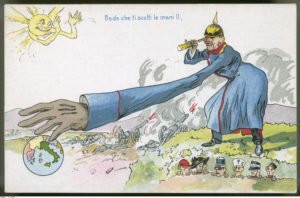
Figure 3 (Source: Bildarchiv Preussischer Kulturbesitz)
In Figures 4 and 5, the same interpretation of Germany’s relationship with the rest of the world was expressed, and German militarism and aggression singled out as the primary culprits for the contemporary global catastrophe. In both postcards, Wilhelm II attempts to actually eat the globe. In Figure 4, the caption calls him ‘the glutton’, and he obviously finds his food of choice a bit too hard to crack.
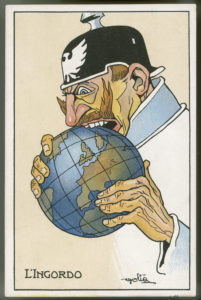
Figure 4 (Source: Bildarchiv Preussischer Kulturbesitz)
In Figure 5, in which Wilhelm II actually cuts into a watermelon in the shape of the globe, the postcard similarly warns him: ‘Mind you, this might give you indigestion.’ This cartoon further emphasized the supposed bloodthirstiness and criminality of Germany’s wartime conduct and ambitions: on Wilhelm’s table, the globe of the world is accompanied by a baby with French and Belgian flags sticking out of its belly, and a bottle of wine filled with ‘Latin blood.’ The Kaiser’s sword and helmet, the ultimate symbols of his and his country’s aggressive militarism, rest by his feet.
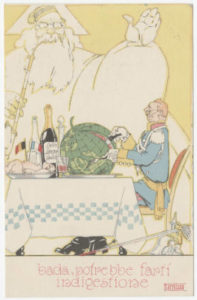
Figure 5 (Source: Bowman Gray Collection of World Wars I and II, Rare Book Collection, Wilson Library, University of North Carolina Chapel Hill)
It was these and similar critiques that aimed to contribute to strengthening public support for the war, and to foster and encourage nationalist, even chauvinistically anti-German and anti-Austrian, sentiments. Quite paradoxically, however, they also provoked a far-reaching rethinking of possibilities, limitations and potential meanings of political internationalism in Europe during and after WWI, and gave an important impetus to implementing a new, more ambitious vision of world governance, which was to be institutionalised and developed in the interwar years. It was in this context of the war, destruction and vicious nationalist propaganda that the project of internationalism was infused with renewed significance, and brought back to the centre of political discussions. These postcards articulated powerful criticisms of Europe’s pre-war alliance system and pointed out its deleterious consequences; their messages were part of a broader movement that emphasised the shortcomings of pre-WWI forms of international cooperation, and encouraged a political and intellectual search for a different postwar order which would ensure permanent peace.

